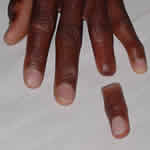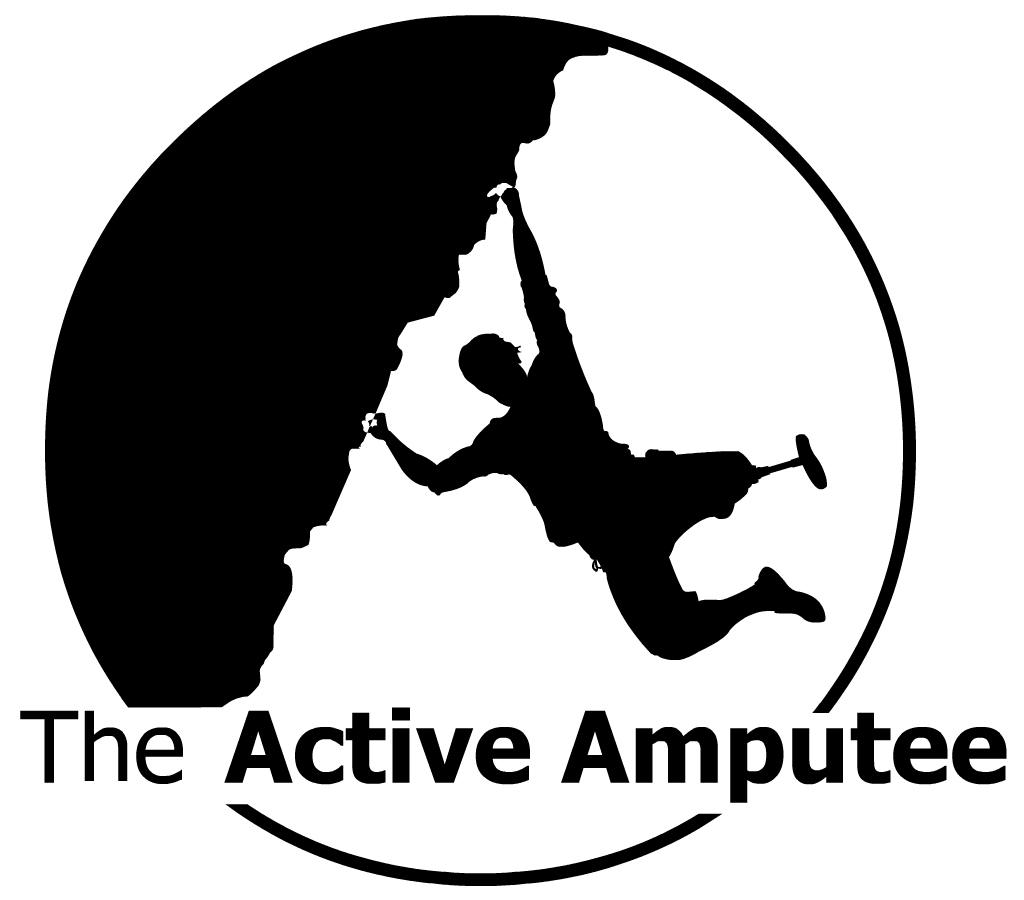
MET ,MFR & TAPING IMPHAL 6TH JUNE 2021

Description
MET Course Description
In this practical, evidence-informed, course the participants will acquire and/or enhance use of Muscle Energy Techniques (MET) for application to articular, fascial and myofascial dysfunction.
The course will explore the rationale and methodology for use different models of MET, in their role in managing a variety of forms of somatic dysfunction.
• Isometric (standard) MET
The course covers identification, and MET treatment of, soft tissues involved in restrictions, of spinal and pelvic joints, using functional assessment methods – including : Upper trapezius, levator scapula, scalenes, SCM, pectoralis major & minor, psoas, QL, piriformis, hip adductors, TFL, quadriceps, hamstrings, erector spinae – and other muscles associated with thoracic & pelvic function
MFR COURSE CONTENT
Total “hands-on” introductory course for physiotherapists These whole-body techniques will be an important added dimension to your existing treatment regimen, greatly enhancing your therapeutic effectiveness.
Content
• Anatomy of Fascia and Related Structures.
• Whole Body Inter-Relationships
• Development of Palpation Skills
• Evaluation Procedures
• Cranial/Sacral Techniques
• Headache Release
• Lower Extremity Problems
• Anterior and Posterior Thoracic Areas
• Upper Extremity Problems
DAY 2
TAPING Course Description:
The Therapeutic Taping course is designed to introduce practitioners to the Kinesio Taping Method. Over the course of this 8 Hour class, the Instructor will discuss the fundamental concepts of the Kinesio Taping Method and the unique properties and use of Kinesio
Course : Intro Kinesio Taping Concepts, Theory, History, Tape Qualities,
Intro Five Major Physiological Effects; Skin, Circulatory & Fascia Function;
Basic Application Concepts
Joint Function; Biotensegrity; Application Basics, Prep, Precautions; Intro to Kinesio Taping Assessment
Kinesio Taping Assessments & Labs: UPPER EXTRIMITY
Assessments/Labs Cont’d.: SPINE
Assessments/Labs- Lower Extremity.
The course introduce the more than 25 important Techniques (Mechanical, Functional, Space, Fascia, Ligament/Tendon, and Lymphatic) and discuss their application in a variety of clinical conditions. During lab sessions, attendees will have ample time to practice applying these techniques to a variety of upper and lower body conditions. Upon completion of this course, attendees will be able to discuss and apply the Kinesio -Taping Method to orthopedic & sports conditions. Instructor will assess each attendee to make sure they have applied the method correctly and make any corrections needed for the attendee to meet the standards.
Course Objectives
The course covers:
Theoretical overview regarding the evolution of soft issue dysfunction from an osteopathic/manual medicine perspective, including:
• Local adaptation syndromes
• Musculoskeletal stress response sequences
• Causes of soft tissue hypertonicity & dysfunction (pain/tone connection)
• Chain reactions & crossed syndromes
• Summary of main causes of fascial, myofascial and articular dysfunction – with special reference to the thoracolumbar fascia and pelvis
In this practical, evidence-informed, course the participants will acquire and/or enhance use of Muscle Energy Techniques (MET) for application to articular, fascial and myofascial dysfunction.
The course will explore the rationale and methodology for use different models of MET, in their role in managing a variety of forms of somatic dysfunction.
• Isometric (standard) MET
The course covers identification, and MET treatment of, soft tissues involved in restrictions, of spinal and pelvic joints, using functional assessment methods – including : Upper trapezius, levator scapula, scalenes, SCM, pectoralis major & minor, psoas, QL, piriformis, hip adductors, TFL, quadriceps, hamstrings, erector spinae – and other muscles associated with thoracic & pelvic function
MFR COURSE CONTENT
Total “hands-on” introductory course for physiotherapists These whole-body techniques will be an important added dimension to your existing treatment regimen, greatly enhancing your therapeutic effectiveness.
Content
• Anatomy of Fascia and Related Structures.
• Whole Body Inter-Relationships
• Development of Palpation Skills
• Evaluation Procedures
• Cranial/Sacral Techniques
• Headache Release
• Lower Extremity Problems
• Anterior and Posterior Thoracic Areas
• Upper Extremity Problems
DAY 2
TAPING Course Description:
The Therapeutic Taping course is designed to introduce practitioners to the Kinesio Taping Method. Over the course of this 8 Hour class, the Instructor will discuss the fundamental concepts of the Kinesio Taping Method and the unique properties and use of Kinesio
Course : Intro Kinesio Taping Concepts, Theory, History, Tape Qualities,
Intro Five Major Physiological Effects; Skin, Circulatory & Fascia Function;
Basic Application Concepts
Joint Function; Biotensegrity; Application Basics, Prep, Precautions; Intro to Kinesio Taping Assessment
Kinesio Taping Assessments & Labs: UPPER EXTRIMITY
Assessments/Labs Cont’d.: SPINE
Assessments/Labs- Lower Extremity.
The course introduce the more than 25 important Techniques (Mechanical, Functional, Space, Fascia, Ligament/Tendon, and Lymphatic) and discuss their application in a variety of clinical conditions. During lab sessions, attendees will have ample time to practice applying these techniques to a variety of upper and lower body conditions. Upon completion of this course, attendees will be able to discuss and apply the Kinesio -Taping Method to orthopedic & sports conditions. Instructor will assess each attendee to make sure they have applied the method correctly and make any corrections needed for the attendee to meet the standards.
Course Objectives
The course covers:
Theoretical overview regarding the evolution of soft issue dysfunction from an osteopathic/manual medicine perspective, including:
• Local adaptation syndromes
• Musculoskeletal stress response sequences
• Causes of soft tissue hypertonicity & dysfunction (pain/tone connection)
• Chain reactions & crossed syndromes
• Summary of main causes of fascial, myofascial and articular dysfunction – with special reference to the thoracolumbar fascia and pelvis
Product rating
Customer Reviews
There have been no reviews for this product.
Add your review here










![Wheel chair [Mototized] Wheel chair [Mototized]](https://ccdr.co.in/images/T.cache.tinythmbn/554.jpg)











